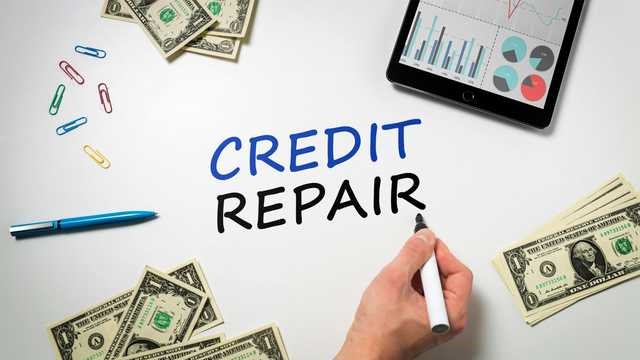
The very first step is to perform a credit check.
You won’t be able to ascertain the problem areas that you need to focus on if you don’t even have copies of your credit reports and credit scores. Thankfully, it’s free to request them from the three biggest credit bureaus – Experian, Equifax and TransUnion – once a year in accordance with the Fair Credit Reporting Act.
We urge you to obtain your credit reports from all three of these main credit reporting agencies, as they may not all contain the same data, which will enable you to take a more well-rounded look at your credit situation and correct all possible inaccuracies. It’s not just your financial information in such reports that need to be accurate – the same goes even for basic details like your name, birthday and address. Also included in these reports are any financial legal issues you may have, such as a bankruptcy, judgment, lien or wage garnishment.
The biggest part of any given report, however, will be devoted to creditor information, including the various accounts you have such as loans and credit cards, as well as their status (open/closed, in collections), balances, credit limits and payment details. You may also see dates of missed payments or when the accounts were sent to collections.
The five big things that determine your credit score.
It is the following five major categories that make up a credit score:
- Payment history (35%) – your history of repaying debts on your accounts
- Credit utilization (30%) – the amount of debt you’re carrying relative to your credit limit
- Length of credit history (15%) – the period for which you’ve had active credit accounts
- Types of credit (10%) – the range of accounts you have
- Credit inquiries (10%) – how many inquiries have been made into your credit profile
Don’t expect your credit to be repaired overnight!
Yes, we mentioned it above, but it bears repeating: as anxious as you may be to begin fixing your credit score and achieving fast results, truly comprehensive credit repair will never be the work of a moment.
Your credit history, for instance, obviously can’t be lengthened straight away. However, there may at least be some scope to begin bringing your credit utilization into a healthier range. The rule of thumb is to keep your credit utilization below 30%, and ideally 10%, to demonstrate to creditors your ability to responsibly manage your available credit without maxing out your cards.
Otherwise, we’re afraid to say that credit repair is a very much long-term job. Some credit mistakes can be detrimental to your score for years, although it’s good to know that they do eventually age off. The likes of late payments, foreclosures, short sales, and repossessions, for example, all remain on your credit report for about seven years. A bankruptcy, meanwhile, won’t age off until 10 years from the filing date, or seven years if it’s a Chapter 13 case.
What about inaccurate negative information?
Well, you’re in luck here, as some of the most dramatic results that you can achieve from the credit repair process can be attained simply by fixing inaccurate items on your credit report.
You can feel a little lighter knowing that a credit reporting agency is required to respond to a dispute within 30 days, although you may be waiting for as long as 45 days. Nonetheless, that’s far preferable to the many years it takes for accurate derogatory information on your reports to age off.
If the credit reporting agency agrees that the information you’ve highlighted is inaccurate, it must remove the error immediately. A Federal Trade Commission study in 2012 found that almost eight in 10 (79%) of people who disputed a mistake on their credit reports were able to have it removed.
It’s well worth the effort to achieve a brilliant credit score.
There are plenty of different things you can do to clean up your credit score. From pinpointing the biggest problems with your credit reports to cleaning up any inaccuracies, or simply by building a positive credit history — which can be done by controlling buying habits to bring down credit card balances.
Maintain good financial habits over time, and you’ll be in a great position to continue improving your credit scores. You’ll be glad you took the time to undertake such diligent credit repair once that crucial loan or mortgage approval comes through!
Disclaimer: Our service is not intended to be, nor should it be construed as financial advice. We help our readers make informed decisions via impartial information and guides. Where appropriate, we may introduce partner companies who can provide services relating to financial products.